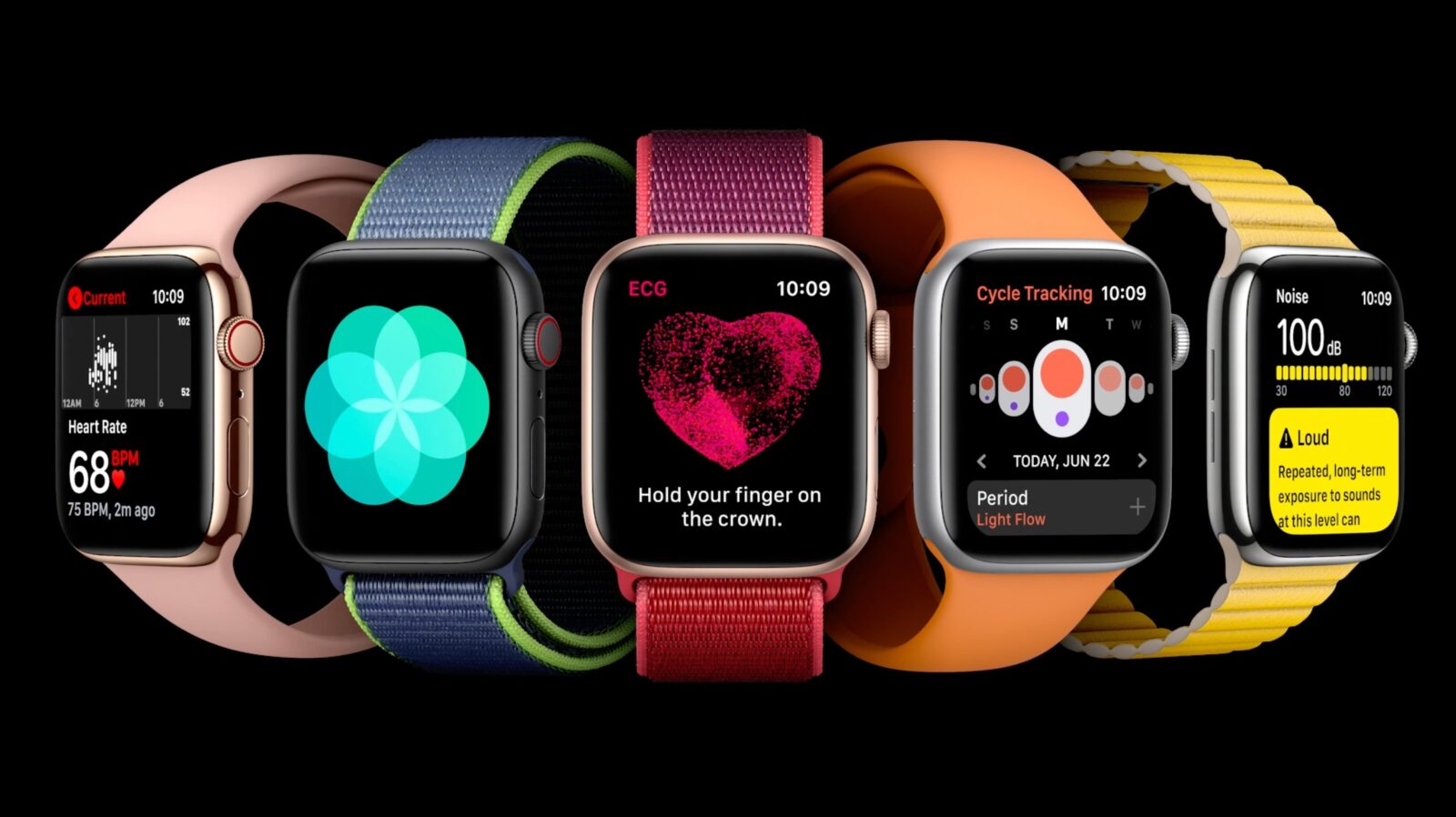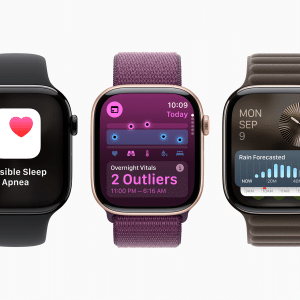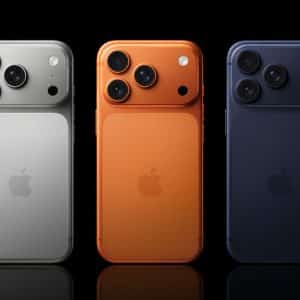Virtual medical assistants (VMAs) are revolutionizing the healthcare industry, offering a blend of technological sophistication and personalized care.
These professionals, often hailing from countries like the Philippines, are leveraging Apple devices and digital solutions to enhance patient care, making it more accessible, efficient, and personalized.
Whether you’re a healthcare professional, a digital health advocate, or a tech enthusiast, understanding the impact of VMAs can significantly benefit your practice or interest in modern healthcare advancements.
The Role of Virtual Medical Assistants
Virtual medical assistants are trained healthcare professionals who support doctors with various administrative and clinical tasks. By working remotely, they ensure that clinics run smoothly, allowing doctors to focus more on patient care. These tasks include appointment scheduling, patient follow-ups, managing medical records, and providing health information. This support helps streamline operations and improve the overall patient experience.
Why VMAs are Becoming Essential
The integration of VMAs into the healthcare system is not just a trend; it’s a necessity. With the increasing demand for healthcare services and the need for efficient patient management, VMAs provide a solution that balances both. They reduce the administrative burden on healthcare providers, improve patient engagement, and enhance the quality of care delivered.

Real-World Applications
Consider a busy clinic where doctors struggle to keep up with administrative tasks while providing quality care to patients. By employing VMAs, this clinic can streamline its operations, ensuring that patients receive timely reminders, follow-up calls, and accurate medical records. This not only enhances patient satisfaction but also allows doctors to dedicate more time to direct patient care.
Apple Devices: Empowering VMAs
Apple’s ecosystem of devices plays a crucial role in the functionality and effectiveness of virtual medical assistants. Known for their user-friendly design, robust security, and seamless integration, Apple devices provide an ideal platform for VMAs to perform their duties efficiently.
iPhone & iPad: Portable Healthcare Tools
The iPhone and iPad serve as essential tools for VMAs. These devices enable them to manage appointments, send medication reminders, and facilitate telehealth consultations. The high-resolution displays and advanced cameras ensure that virtual consultations are clear and effective, closely mimicking in-person visits.
For instance, a VMA can use an iPad to access a clinic’s scheduling system, update patient records in real-time, and conduct video calls with patients. This portability and functionality make Apple devices indispensable in modern healthcare settings.

Apple Watch: Health Monitoring & Alerts
The Apple Watch is a game-changer in personal health monitoring. With features like heart rate monitoring, ECG, blood oxygen level measurements, and fall detection, the Apple Watch collects a wealth of health data. VMAs can monitor this data to provide real-time health insights and alerts, ensuring patients receive timely care and support.
Imagine a patient with a chronic condition wearing an Apple Watch. The VMA can track the patient’s vital signs, detect any anomalies, and immediately notify the healthcare provider if intervention is needed. This proactive approach can prevent serious health issues and improve patient outcomes.
Security & Privacy of Apple Devices
One of the primary concerns in healthcare is the security and privacy of patient data. Apple devices are known for their robust security features, including encryption and biometric authentication. This ensures that patient information remains confidential and secure, which is paramount in maintaining trust and compliance with healthcare regulations.
Apps Enhancing the VMA Experience
Apps are at the heart of the VMA ecosystem, transforming Apple devices into powerful healthcare tools. Here are some key applications that enhance the VMA experience:
HealthKit & CareKit: Integrated Health Data
HealthKit and CareKit are Apple’s frameworks designed to centralize health data and facilitate patient care. HealthKit consolidates data from various health apps and devices, providing a comprehensive view of a patient’s health metrics. CareKit allows developers to create apps that help patients manage their health, track symptoms, and communicate with healthcare providers. Together, they empower VMAs to deliver personalized and accurate health recommendations.
For example, a VMA can use HealthKit to monitor a patient’s activity levels, sleep patterns, and other health metrics. By integrating this data with CareKit, the VMA can provide tailored health advice and track the patient’s progress over time.
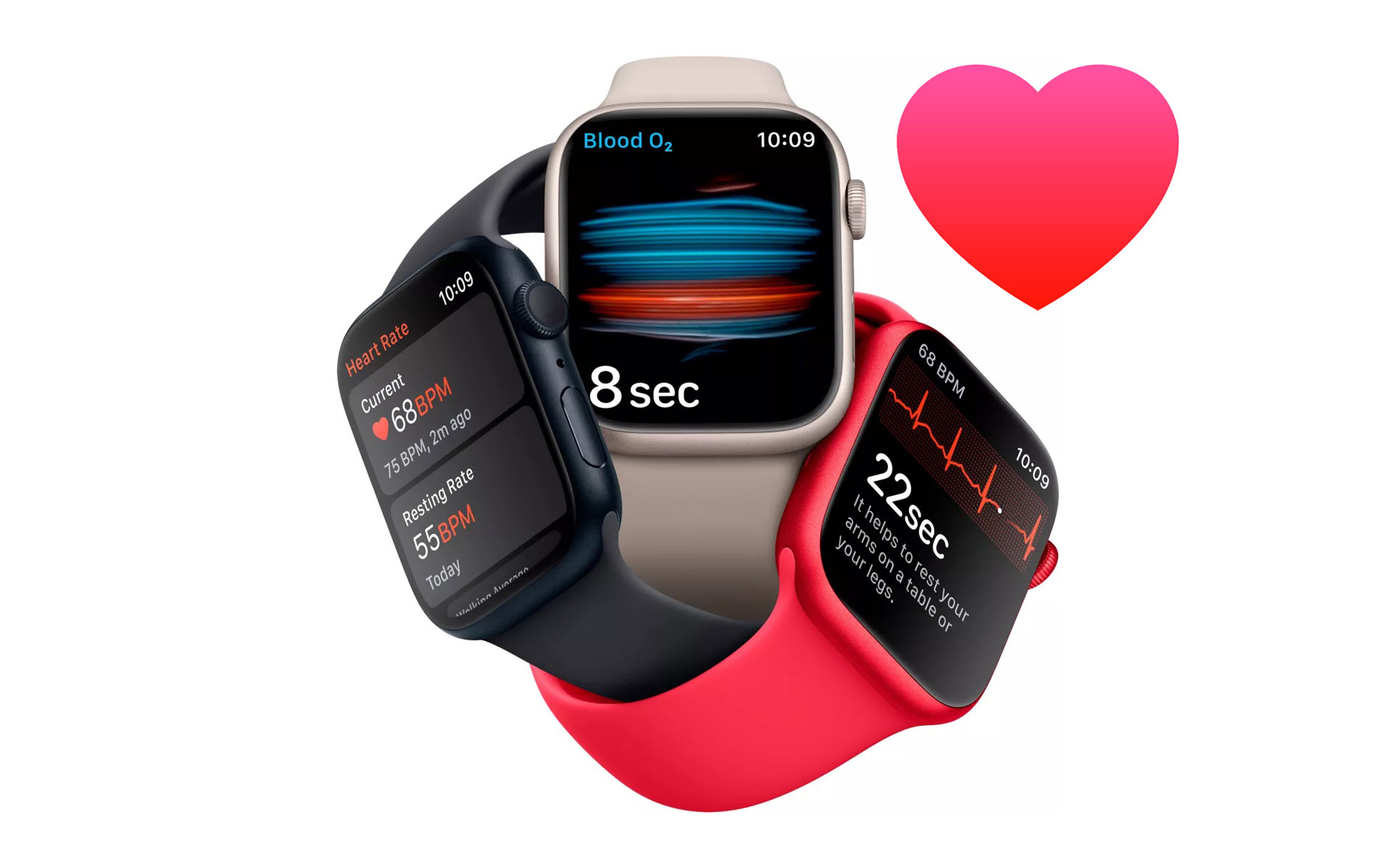
MyChart: Bridging Patients & Providers
MyChart, developed by Epic Systems, is a widely used app that allows patients to access their medical records, schedule appointments, and communicate with their healthcare providers. Integrating MyChart with VMAs on Apple devices ensures that patients have easy access to their health information and can receive timely reminders and updates about their care.
Consider a patient managing multiple appointments and medications. With MyChart, the VMA can send reminders for upcoming appointments, provide medication schedules, and ensure that the patient adheres to their treatment plan. This continuous support enhances patient engagement and adherence to prescribed regimens.
Teladoc: Virtual Consultations Made Easy
Teladoc is a leading telehealth app that connects patients with board-certified doctors for virtual consultations. By integrating with VMAs, Teladoc enhances the patient experience, enabling seamless appointment scheduling, follow-ups, and real-time health advice, all through a single interface on Apple devices.
For instance, a patient experiencing symptoms can use Teladoc to schedule a virtual consultation with a doctor. The VMA can assist in coordinating the appointment, collecting relevant medical history, and ensuring that the patient receives appropriate care promptly.
Digital Entertainment: Aiding Patient Engagement
Digital entertainment, often seen as a source of leisure, is increasingly being recognized for its potential to enhance patient engagement and adherence to health regimens. Apple’s ecosystem of digital entertainment options, including Apple Music, Apple TV+, and the App Store, plays a significant role in this aspect.
Apple Music: Healing Through Music
Music therapy has been shown to reduce stress, alleviate pain, and improve overall well-being. Apple Music offers curated playlists for relaxation, meditation, and workout motivation. VMAs can recommend specific playlists to patients based on their health needs, creating a personalized and enjoyable healthcare experience.
For example, a patient recovering from surgery may benefit from a relaxing playlist to aid in their recovery. The VMA can provide these recommendations, enhancing the patient’s comfort and well-being.
Apple TV+: Educational & Motivational Content
Apple TV+ provides a platform for educational and motivational health content. From documentaries about medical breakthroughs to fitness and wellness programs, Apple TV+ can be a valuable resource for patients looking to improve their health knowledge and motivation. VMAs can suggest relevant content to patients, helping them stay informed and inspired.
Imagine a patient looking to adopt a healthier lifestyle. The VMA can recommend fitness programs, nutrition documentaries, and motivational series on Apple TV+, providing the patient with valuable resources to support their health goals.

App Store: A Treasure Trove of Health & Wellness Apps
The App Store hosts a vast array of health and wellness apps, ranging from fitness trackers to mental health tools. VMAs can recommend specific apps based on a patient’s health goals and conditions, ensuring that they have the right tools to support their health journey. By leveraging the diversity of apps available, VMAs can cater to a wide range of health needs and preferences.
For instance, a patient struggling with anxiety may benefit from meditation apps available on the App Store. The VMA can recommend these apps, providing the patient with effective tools to manage their mental health.
The Future of VMAs with Apple’s Ecosystem
As technology continues to advance, the integration of VMAs with Apple’s ecosystem is poised to grow even stronger. Future developments in AI and machine learning will enable VMAs to provide more sophisticated and personalized care. Additionally, advancements in wearable technology, such as the rumored Apple Glasses, could further enhance health monitoring and virtual consultations.
AI and Machine Learning: Smarter VMAs
AI and machine learning are at the core of VMA innovation. These technologies enable VMAs to analyze vast amounts of health data, recognize patterns, and provide predictive insights. With continuous learning, VMAs can become smarter over time, offering increasingly accurate and personalized health recommendations.
For example, an AI-powered VMA can predict potential health issues based on a patient’s historical data and provide early intervention strategies. This proactive approach can significantly improve patient outcomes and reduce healthcare costs.
Wearable Technology: Beyond the Apple Watch
While the Apple Watch is currently a leader in wearable health technology, future innovations like Apple Glasses – a cheaper version of the Vision Pro for augmented reality – could revolutionize health monitoring. Equipped with advanced sensors and augmented reality capabilities, these wearables could provide real-time health data and immersive virtual consultations, further bridging the gap between patients and healthcare providers.
Imagine a future where a patient wears Apple Glasses that continuously monitor their health metrics. The VMA can access this data in real-time, providing immediate feedback and support, ensuring that the patient receives the best possible care.
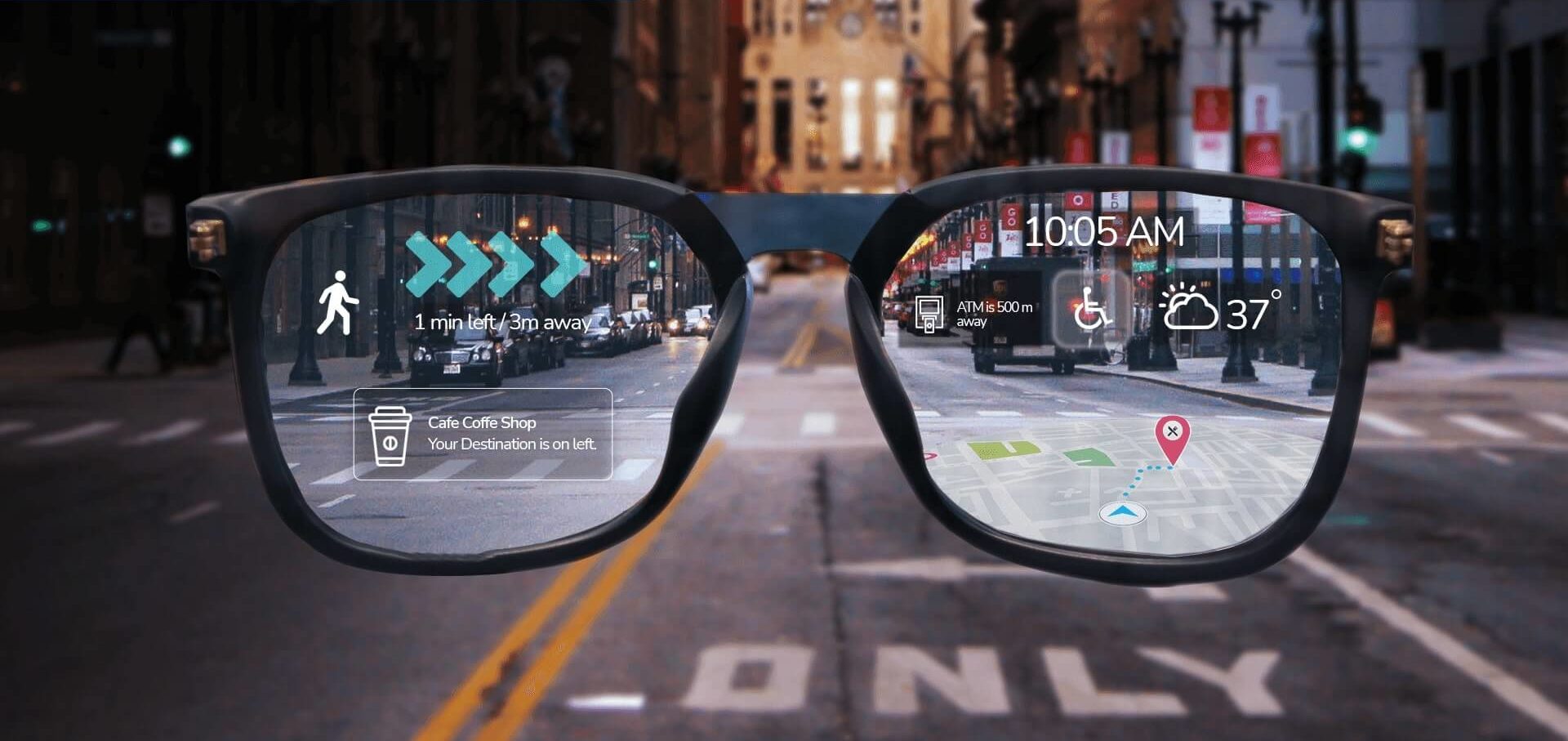
Virtual medical assistants, supported by technology, Apple devices, and digital solutions, are transforming the healthcare landscape. By leveraging the intuitive design and integration of Apple’s ecosystem, VMAs make healthcare more accessible, efficient, and personalized. As technology continues to evolve, the role of VMAs will only become more significant, heralding a new era of patient-centric care.
The potential for VMAs to revolutionize healthcare is immense. By combining the power of AI, machine learning, and wearable technology with the seamless integration of Apple devices, VMAs can provide unprecedented levels of care and support.
For healthcare professionals and digital health advocates, now is the time to explore and integrate these innovative solutions into your practice. By doing so, you can enhance patient care, improve operational efficiency, and stay ahead in the rapidly evolving healthcare landscape.
Ready to see the difference Virtual Medical Assistants can make in your practice? Learn more about how our virtual medical assistant services can transform your healthcare delivery. Get started today and join the revolution in patient-centered care.

